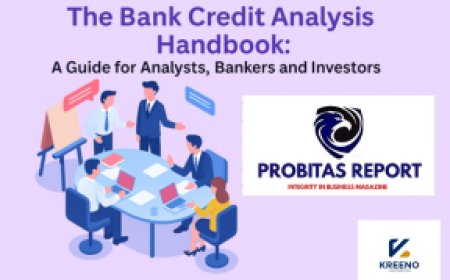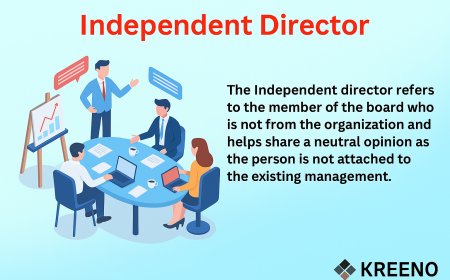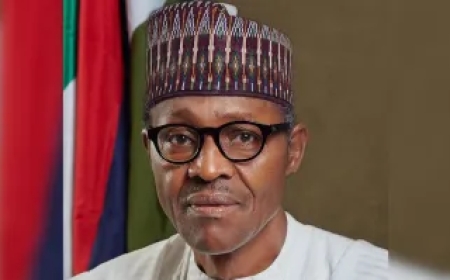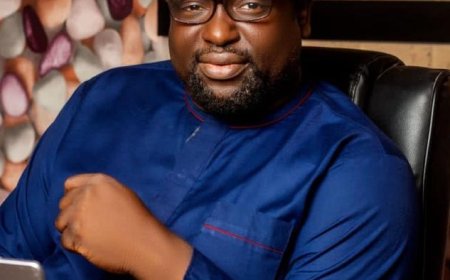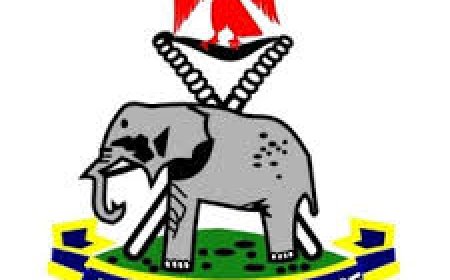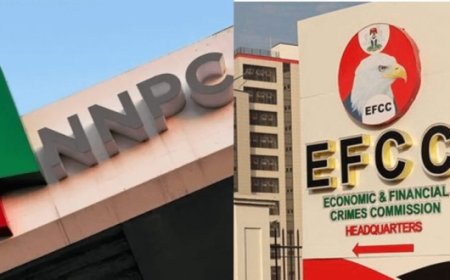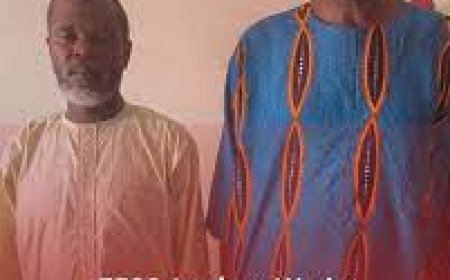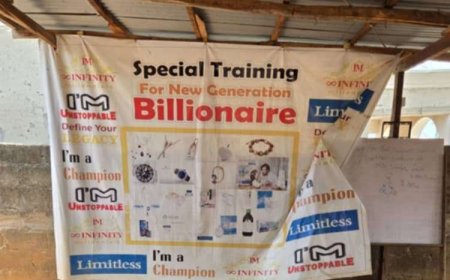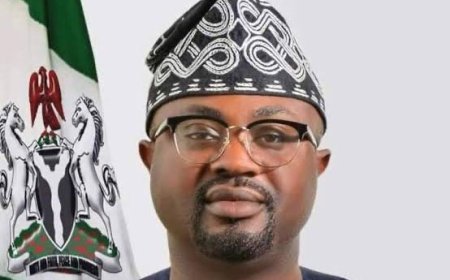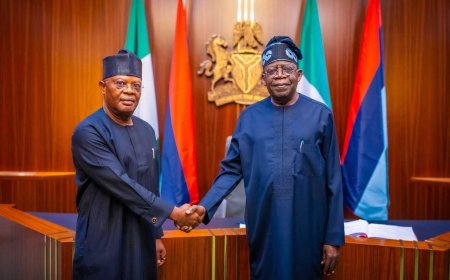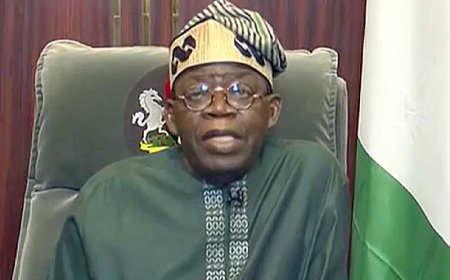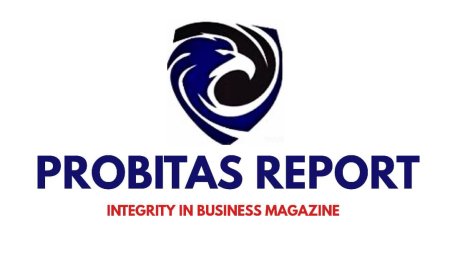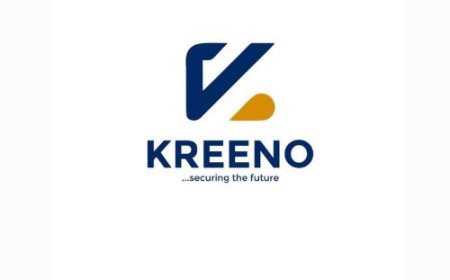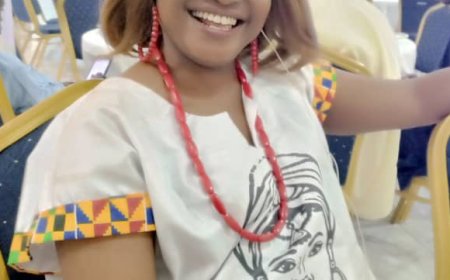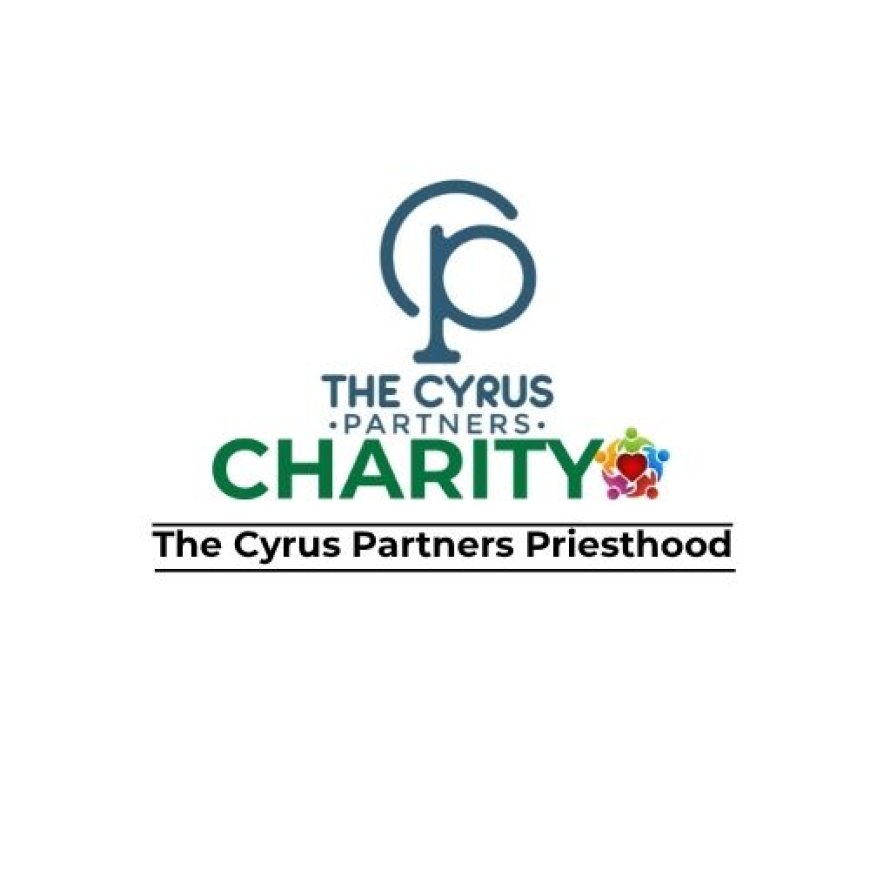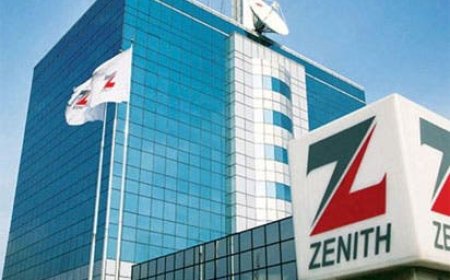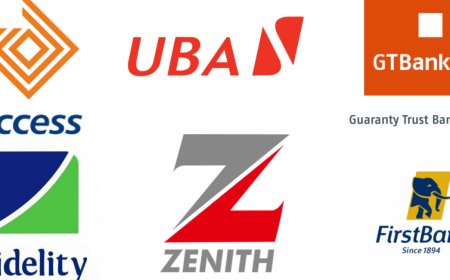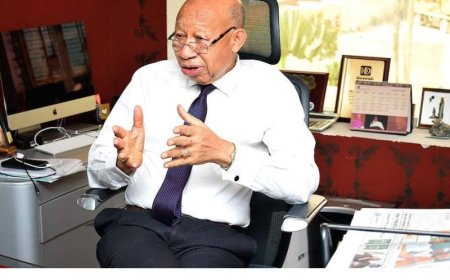From Transactions to Trust: How Borrower Orientation is Shaping Nigeria’s Credit Economy
Discover how borrower orientation and financial literacy are transforming Nigeria’s credit economy. Learn why building trust between lenders and borrowers is critical to sustainable growth, repayment culture, and President Bola Tinubu’s vision for Nigeria’s financial future.
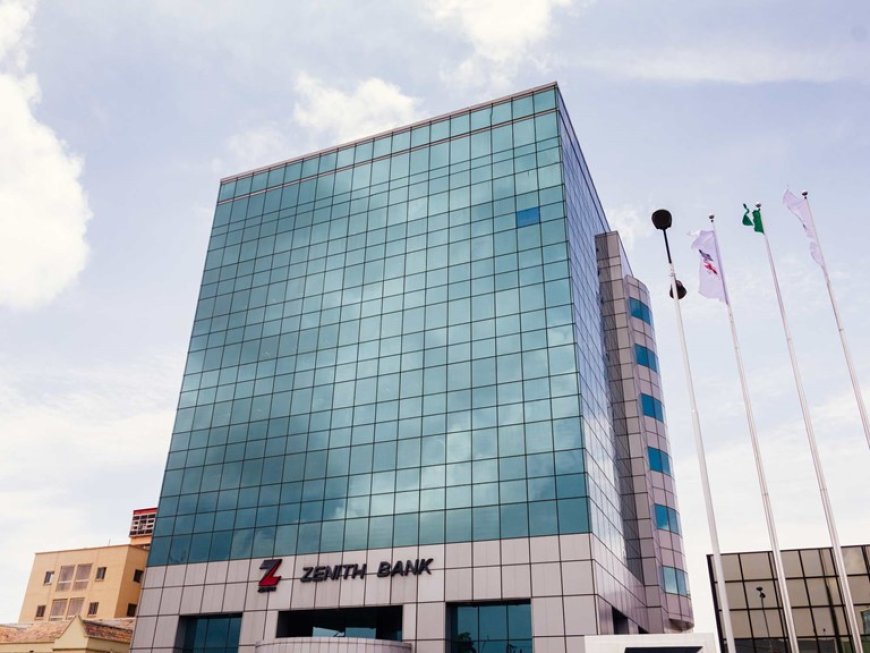
If you’ve been following the news from Africa’s largest economy, you know Nigeria is in the midst of a profound transformation. President Bola Tinubu’s administration has embarked on a series of ambitious reforms, from removing the costly fuel subsidy to unifying the foreign exchange rates. But beyond these headline-grabbing moves lies a quieter, more fundamental revolution: the deliberate building of a trusted credit economy.
For decades, credit in Nigeria has been a privilege for the few large corporations and the wealthy elite. For the average Nigerian artisan, farmer, or smallbusiness owner, access to formal loans was a distant dream. But that’s changing. Initiatives like the newly established Nigerian Consumer Credit Corporation (CREDICORP) are designed to change the very fabric of financial inclusion, aiming to bring millions into the formal credit system.
Related News:
- Access Holdings Appoints Innocent Ike As New GMD/CEO, Succeeds Ms. Bolaji Agbede
- Mr. Roosevelt Ogbonna Steps Down From Access Holdings Board
- Betrayal Of Trust: Why Honoring Business And Loan Agreements Is Essential For Nigeria's Future
- A Journey Of Transformation: Celebrating Dr Ohio O. Ojeagbase Of Kreeno Consortium
The Great Divide: Nigeria’s Credit System vs. Developed Economies
To appreciate the scale of the challenge and opportunity, it’s helpful to glance at established credit economies like the United States or the United Kingdom. In thesesystems, credit isn't just a financial tool; it's a cultural institution. A citizen’s credit score is a key part of their financial identity, determining everything from their ability to buy a home to the interest rate they get on a car loan. The system works because of a foundation of mutual trust, reinforced by robust legal frameworks, transparent credit bureaus, and, crucially, a population that is generally financially literate about the implications of borrowing and defaulting.
Now, let’s contrast this with the traditional Nigerian landscape. According to a World Bank report, only a fraction of adults in Nigeria have access to formal credit. The reasons are multifaceted:
“A loan without trust is a ticking liability, not an asset.”
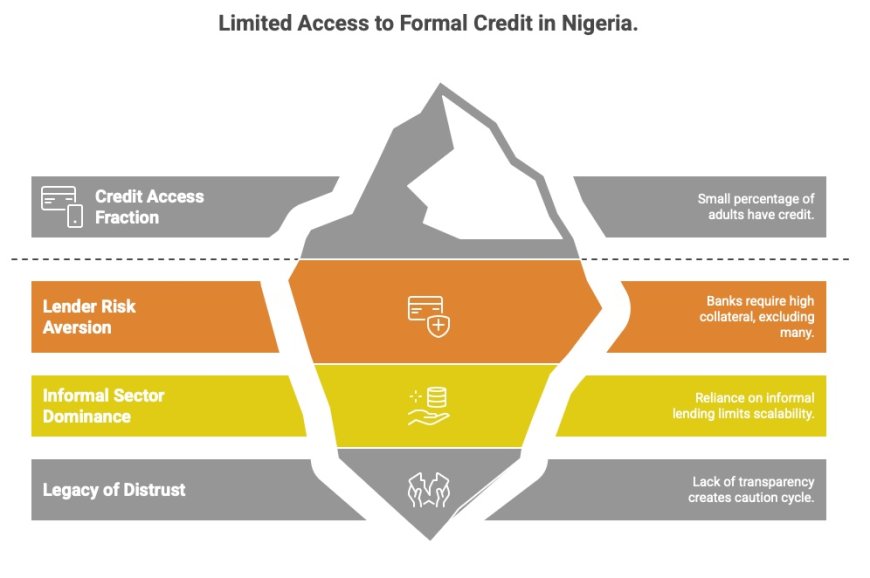
The result is a stark gap, not just in access, but in the very infrastructure of trust that makes credit economies thrive.
More News:
- Kreeno Consortium Nigeria's Trusted Leader In Debt Recovery And Private Investigation
-
Celebrating The Birthday Of The King Of Debt Recovery In Nigeria 2024
“The true backbone of a credit economy isn’t capital—it’s confidence.”
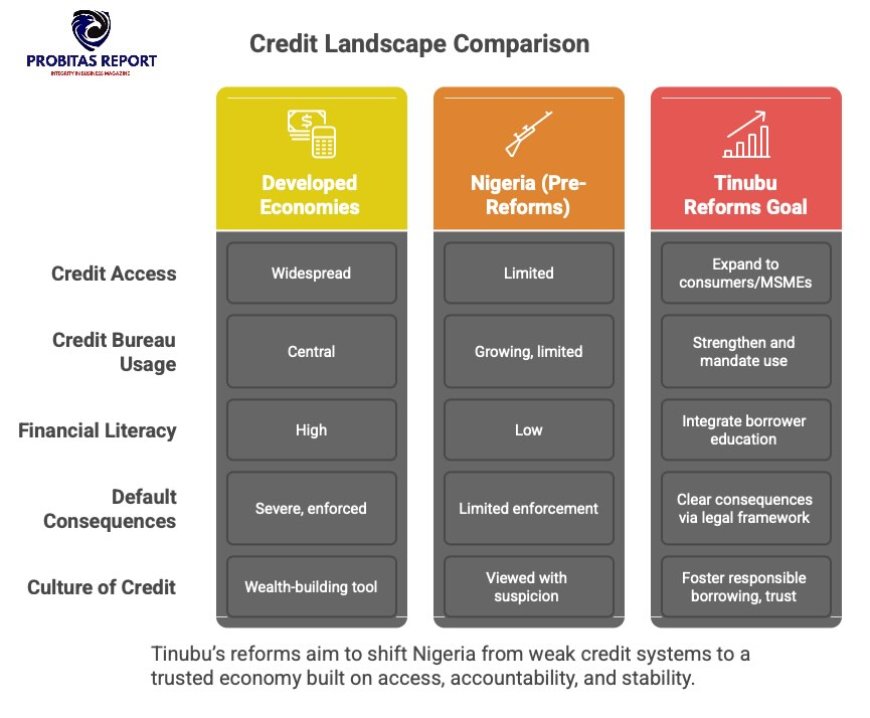
Tinubu Reforms Nigeria: Building the Architecture of Trust
The administration isn’t just turning on the credit taps and hoping for the best. The reforms are strategically designed to build the pillars of a functional system. The establishment of the National Credit Guarantee Scheme is a masterstroke in de-risking the market for lenders, encouraging them to lend to segments they previously considered too risky.
But a guarantee scheme alone cannot build trust; it can only insure against its absence. The true genius of the vision lies in its focus on the human element, which is the borrower. This is the core of borrower orientation. It’s the understanding that for the system to work, borrowers must be empowered, educated, and equipped to be trustworthy partners.
As President Tinubu stated, the goal is to “strengthen the confidence of the financial system,” and this confidence is a two-way street.
Financial Literacy for Borrowers: The Cornerstone of Orientation
Borrower orientation goes far beyond signing contracts; it ensures borrowers truly understandwhat they are committing to. They must know the full loan terms, not just interest rates but also fees and whether the rate is fixed or variable. They should have clarity on the repayment timeline, with a clear view of due dates and amortization schedules. Borrowers also need to grasp the responsibility of debt, how it affects their monthly budget and future borrowing power. Orientation must make clear the consequences of default, from damaged credit history to reduced access to finance. When financial literacy is embedded in this way, credit becomes a tool for growth, stability, and trust in the economy. Integrating this education into the loan origination process through digital platforms, partner NGOs, and community banks is non-negotiable. An informed borrower is an empowered one, more likely to plan repayments and less likely to default out of confusion or frustration.

The Ripple Effect: How Trust Builds a Nation
When borrower orientation is taken seriously, its benefits cascade through the entire economy. Defaults are reduced because educated borrowers who understand the system are better equipped to manage their finances and honor their commitments. As defaults decline, lenders face lower risks, which reduces overall costs and gradually translates into lower interest rates, making credit both cheaper and more accessible. With trust established, lenders are encouraged to extend services to previously excluded groups such as farmers, market women, and young tech entrepreneurs, an outcome that reflects the true meaning of financial inclusion through borrower education. Ultimately, access to affordable credit fuels economic growth, enabling businesses to expand, families to invest in education and housing, and individuals to sustain consumption during hard times. This virtuous cycle is the ultimate goal of Nigeria’s credit system reforms.
Conclusion: Our Shared Covenant
Nigeria’s journey toward a trusted credit economy is more than an economic policy; it’s a national project. The government is building the architecture with reforms like the CREDICORP. Lenders are being encouraged to participate through guarantee schemes. But the most critical pillar is us - the borrowers.
Every loan repaid on time isn’t just a closed transaction; it’s a brick in the foundation of a stronger, more inclusive economy. It’s a message to the market that Nigerians are creditworthy. It’s what turns a government policy into a living, breathing covenant of trust. The river of credit is beginning to flow. Let’s ensure we all contribute to its current, so it can nourish the ambitions of every Nigerian for generations to come.
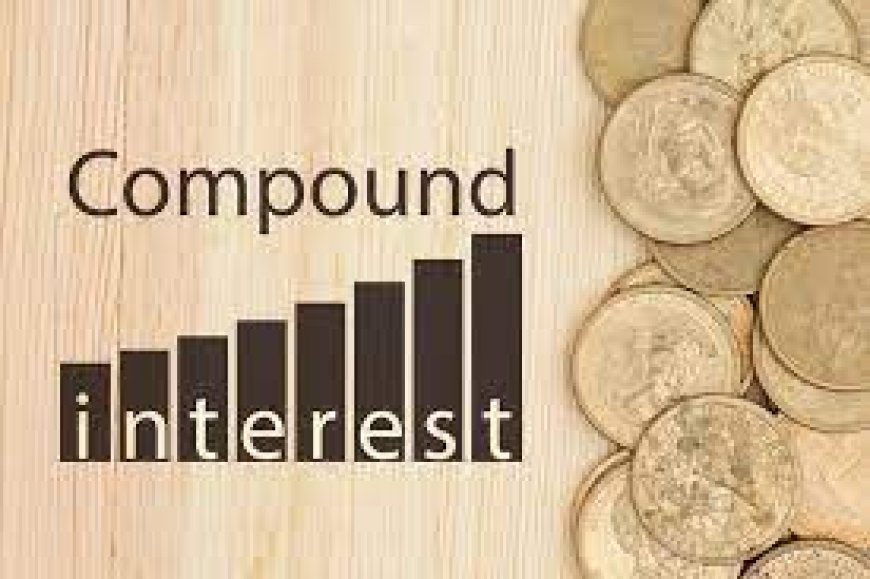
About The Author
Dr Prisca Ndu who holds four doctorate degrees in Credit Management, Banking and Finance, Leadership and Management and Artificial Intelligence, is a social impact advocate and multi-sector entrepreneur. An alumnus of the University of Ibadan, Lagos Business School, Harvard Business School, London Graduate School, Institute of Management Development, INSEAD and Robert Kennedy College, Switzerland, amongst others. She sits on the Board of several companies including INDECO, KREENO Consortium, BHLA Awards, and many more. She was listed in 2017 among the most influential people of African descent by the United Nations and is passionate about Nation Building.
Kindly share this story:
Contact: report@probitasreport.com
Stay informed and ahead of the curve! Follow The ProbitasReport Online News Report on WhatsApp for real-time updates, breaking news, and exclusive content especially when it comes to integrity in business and financial fraud reporting. Don't miss any headline and follow ProbitasReport on social media platforms @probitasreport
[©2025 ProbitasReport - All Rights Reserved. Reproduction or redistribution requires explicit permission.]
What's Your Reaction?























